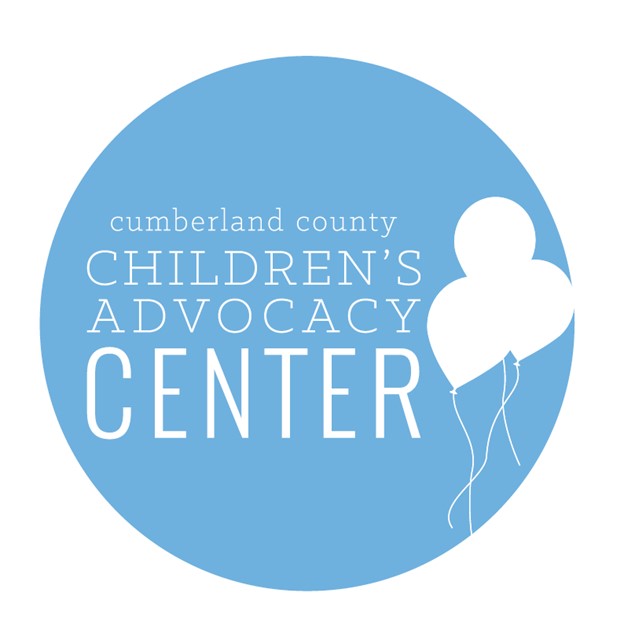
January is National Slavery and Human Trafficking Prevention month, which provides an opportunity to shine a light on this prevalent problem and the response that the Cumberland County Children’s Advocacy Center (CCCAC) at Spurwink is providing for youth that experience this form of victimization. Sex trafficking or commercial sexual exploitation occurs when a sex act is provided in exchange for money, food, shelter, drugs, protection, or anything of value for the child. The most common age that youth are first exploited in this manner is between 11-13. Many youth are not willing or able to share their experiences due to manipulation and control that their exploiter has over them, making it especially difficult to identify these youth. Nationally it is recognized that a multi-disciplinary team approach is most effective in meeting the needs of these complex youth. The CCCAC, with grant support, hired a coordinator who identifies and convenes a team of providers including law enforcement, child protective services, clinicians, correctional officers, and medical providers to discuss and triage the needs of the youth who are confirmed to be or are at high risk of exploitation.
Currently the CCCAC has 43 active cases, all in Cumberland County. We continue to see an increase in cases during the pandemic especially of on line exploitation. Our programming is a pilot for the State. The CCCAC in collaboration with the Maine State Chapter of CAC’s, National Regional Children’s Advocacy Center, and the SEEN program in Boston, held a successful forum in May of 2021 for all the CAC’s in the State to learn about the CSEC programming at the CCCAC and its benefit to these youth and their families. Each CAC left with an action plan to develop a more coordinated response to these cases.
The CCCAC completed a needs assessment with key stakeholders to examine the continuum of care for these youth in Cumberland County and identify service gaps, especially in housing options. There is clear consensus that the needs of this population are unique and that survivor led interventions are most effective. With grant support the CCCAC contracted with Nola Brantley from Nola speaks to provide facilitator training for Word on the Street, a group curriculum for youth at risk for exploitation and The Empowerment Project which is a curriculum for youth that are actively being trafficked. We are working with partners to make this curriculum available to youth that we serve. Stakeholders also agree that there are few to no safe housing options for these youth and we will use grant funding to seek more training and consultation on how to create more stable housing options. Lastly, the assessment revealed the need for greater education to assist providers with the identification of these youth so we will be expanding our outreach and education.
To date we have trained approximately 100 stakeholders how to identify and refer suspected Commercial Sexual Exploitation of Children (CSEC) cases for follow-up to law enforcement, presented to 100 law enforcement staff about identification and response to CSEC cases, and convened over 150 staff from CACs across the state to learn how to launch a CSEC program in their region.
This important work is supported from the following funders: United Way of Southern Maine, MECASA, Maine Community Foundation Cumberland County Fund, and Celia Lipton Farris and Victor W Farris Foundation Home Community Fund of the Maine Community Foundation, and the National Children’s Alliance.
